Two more vape brands were handed Marketing Denial Orders (MDOs) by the U.S. Food and Drug Administration on Friday 19th of January, effectively preventing them from selling a range of popular vaping devices. This follows the recent marketing denials handed down to Shenzen IVPS Technology Co, the large Chinese vape manufacturer responsible for the hugely popular SMOK brand.
The Pre-Market Tobacco Applications made by Chinese manufacturer Shenzhen Youme Information Technology Co. and American maker Fontem US failed to “demonstrate that permitting the marketing of the products would be appropriate for the protection of the public health” says the FDA. This apparently hard-to-meet standard is a legal requirement of the 2009 Family Smoking Prevention and Tobacco Control Act.
The affected devices, including both currently available and unreleased products, are part of the Suorin and Blu Plus+ brands. Although nowhere near as popular as some other brands recently handed MDOs, both appeared in the 2023 National Youth Tobacco Survey (NYTS) list of products used by the nation’s teens.
Suorin
- Suorin Air Device
- Suorin Air Refillable Cartridge
Blu Plus+
- blu PLUS+ Device
- blu PLUS+ Carolina Bold 2.0%
- blu PLUS+ Classic Tobacco 1.2%
- blu PLUS+ Classic Tobacco 2.4%
- blu PLUS+ Gold Leaf 1.2%
- blu PLUS+ Gold Leaf 2.4%
- blu PLUS+ Menthol 1.2%
- blu PLUS+ Menthol 2.4%
Several additional Blu Plus+ products were included in the MDOs. These were not named by the FDA so sensitive commercial information was not revealed. Although the MDOs mean the same thing for all of the named products, in that they cannot now be legally distributed, marketed, or sold in the U.S., they were given for different reasons.
The PMTA for Suorin Air made by Shenzhen Youme Information Technology Co. Ltd. lacked sufficient evidence regarding abuse liability. That is, it failed to show that it would not promote continued use and the development of addiction and dependence. This is a requirement, one might think, that would see every packet of cigarettes slapped with an MDO if they were being held to the same safety standards as vape products.
The Blu Plus+ products were handed MDOs for several failings in the PMTAs, including insufficient ingredient information, harmful and potentially harmful constituent (HPHC) yield quantities, and lack of abuse liability information. There was also a lack of evidence demonstrating that the flavored new products have the potential to benefit adult smokers in reducing or giving up smoking tobacco.
Once again, this requirement seems at odds with allowing the continued availability of cigarettes. Clearly, cigarettes also don’t “have the potential to benefit adult smokers in reducing or giving up smoking tobacco.“
The After Effects of Marketing Denial Orders
With the issuing of the MDOs, the listed products cannot be distributed, marketed, or sold in the United States. No new deliveries of the products can be made, and any of the products currently on sale must be removed. Manufacturers, distributors, and retailers who do sell or distribute these products in interstate commerce are violating the law and are at risk of enforcement action.
Both companies have the right to amend and resubmit the Pre-Market Tobacco Applications for the products that have been denied marketing approval. But with the number of approved PMTAs for vape products still sitting at less than 25 since 2020, the chance of approval seems to be incredibly slim without a significant shift in the direction of vape legislation.


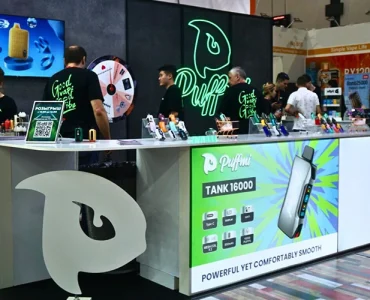

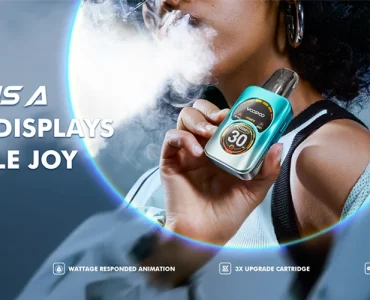
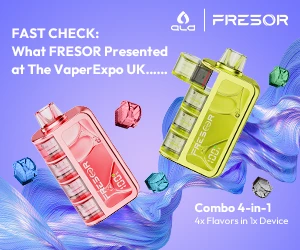
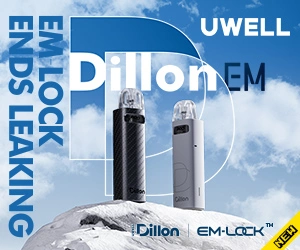


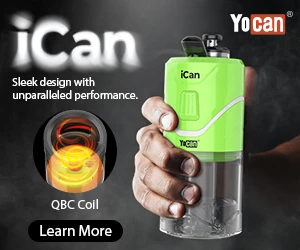
Add comment